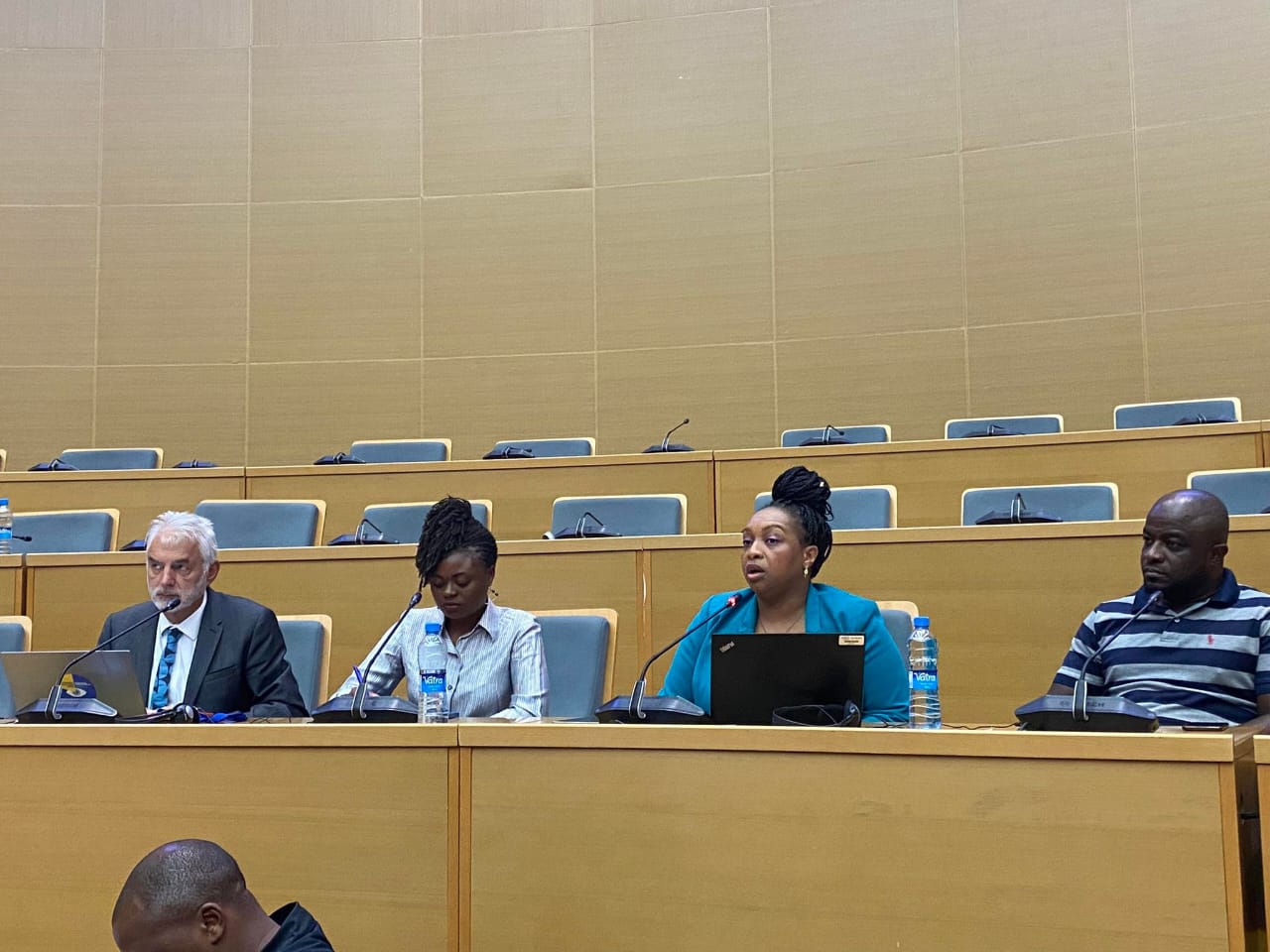Groundbreaking Workshop on AI and Technology-Facilitated Gender-Based Violence at AWiM24
Trending
Sunday May 25, 2025
Trending

The second African Media Convention ended in Zambia’s capital Lusaka with officials from African Union, The European Union, The United Nations, African governments, civil society and various media organisations pledging to support press freedom and access to information.
The event was held under the World Press Freedom Day theme: “Shaping a Future of Rights: Freedom of Expression as a driver for all other human rights”, bringing together more than 300 participants to interrogate various sub-themes as follows:
Some of the high-profile officials present at the event were the UN Resident Representative in Zambia, Ms Beatrice Mutali, Head of European Delegation to Zambia and COMESA Jacek Jankowski, UNESCO Regional Director for Southern Africa, Prof Lidia Arthur Brito, Head of Communication at the African Union Commission Ms Wynne Busabayana and the Zambian Minister for Information and Media Ms Chushi Kasanda. They all reiterated that the media is a key pillar to human rights and democracy in the continent and deserved support.
This position was endorsed by senior government officials from different African nations including Namibia, Uganda, Zimbabwe, Zambia, Malawi and Ghana, Africa Peer Review Mechanism (APRM), African Women in Media (AWiM), Congress of African Journalists (CAJ), Federation of African Journalists (FAJ), The African Editors Forum, Southern Africa Editors Forum (SAEF), East Africa Editors Society (EAES), WAN-IFRA-Women in News, The African Freedom of Expression Exchange (AFEX), the International Association of Women in Radio and TV (IAWRT),Media Institute of Southern Africa(MISA) plus other press freedom groups at the media convention.
Speaking during the closing session, Ms Butali emphasized the importance of the media and urged African governments to improve the media environment and called for legal reforms of laws that hinder access to information. She quoted the message of the UN Secretary-General Antonio Guterres during the World Press Freedom Day on May 3, 2023:
“Freedom of the press is the foundation of democracy and justice. It gives all of us the facts we need to shape opinions and speak truth to power…press freedom represents the very lifeblood of human rights.”
On her part, while speaking during a panel discussion, Dr Yemisi Akinbobola, Co-founder and CEO, of African Women in Media, called for enhancing of frameworks and policies that seek to support and guide press freedom on the continent since many of the retrogressive laws also pose serious challenges to women journalists.
“And so, as you hear from our speakers today, I want you to consider the provisions for women journalists that we want to have to enhance frameworks and policies that seek to support and guide press freedom on the continent. And specifically, how do we want to include women in the Declaration that will be adopted following the 2023 Africa Media Convention?” Dr Akinbobola posed.
At the end of the meeting, the Lusaka Declaration was announced.
You can download the full declaration here
The African Media Convention is the largest gathering of media stakeholders and policymakers in the continent. The Convention, which is an initiative of The African Editors’ Forum (TAEF) is designed to safeguard the media freedoms and safety of journalists across Africa. The first edition of the Convention was held in Arusha, Tanzania, in 2022.
The convention is a moment of reflection by African media stakeholders on the revolving trends that inhibit freedom of expression as provided for in various African Union human rights instruments and to raise awareness among political actors on the benefits of a climate conducive to freedom of expression and freedom of the media, media viability and sustainability as well as the safety and security of journalists.
It also offers an opportunity for participants to look at how freedom of expression can be mainstreamed in continental governance processes, and to benefit from key players in the African governance architecture. The convention also provides a window for African media to reflect on how their freedoms can be protected in future pandemics, which scientists warn will definitely come borrowing from the COVID-19 pandemic lessons.
In the current African media landscape, some countries have made commendable steps towards achieving freedom of information whereas in others, press freedom has plunged into unprecedented crisis amid restrictive laws and attacks on journalists.
The third media convention will be held in Accra, Ghana in May 2023 and will be hosted by The Ghana Journalists Association (GJA), an affiliate of the Federation of African Journalists (FAJ) and its parent body the International Federation of Journalists (IFJ).
We’re not gonna spam. We’ll try at least.

Copyright 2020. African Women In Media
Copyright 2020. African Women In Media
Recent Comments